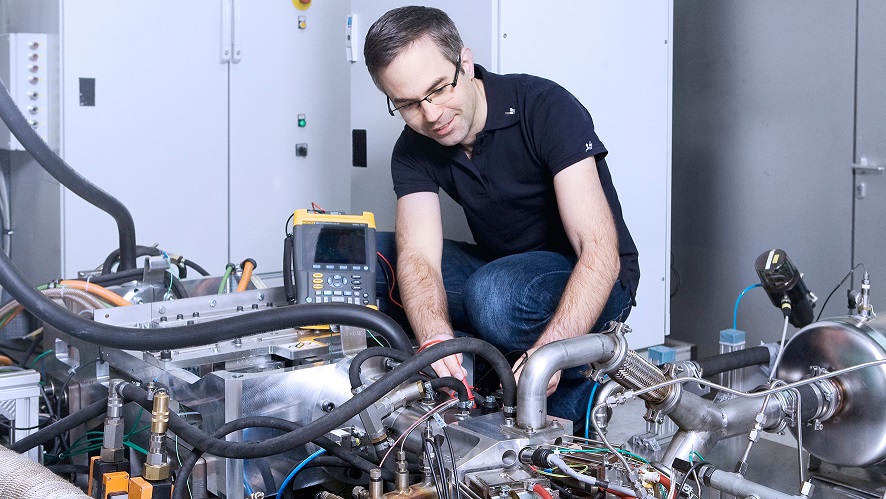
Science, technology, engineering, and mathematics (STEM) degrees can provide a solid foundation for college graduates who want to enter the workforce. But these degrees also give individuals the opportunity to pursue graduate programs from colleges like San Francisco Bay University and research that could lead into satisfying and lucrative careers.
STEM degrees can also serve as the foundation for other graduate programs, such as law school. For example, a degree in biology could prepare students to study medicine or related fields or may serve as an ideal springboard for obtaining a JD and practicing medicine.
A STEM degree can be an excellent learning experience, but it is important to take into account your individual expectations for your degree. For example, the very best engineers are not always necessarily the ones who made straight A’s in their math classes; similarly, individuals with low GPAs might excel in applied mathematics.
For those individuals who are interested in a STEM degree, it’s important to follow your passion. There are many opportunities for employment and education beyond the traditional scope of a four-year bachelor’s degree. To help you find the right fit for your interests and goals, we’ve compiled a list of some of the top STEM degrees.
We’ve also included some information on the average salaries for each of these degrees to give applicants an idea of what they can expect as far as earning potential is concerned after graduation. Please note that this information is only based on averages; salaries vary based on a number of factors, such as location and type of employer.
The following is a list of 10 of the most popular STEM degrees and their potential earning power, based on data from Payscale.com. Please note that the list is in no particular order, as earning power varies with individual circumstances.
- Biomedical Engineering – Median Starting Salary: $54,900; Mid-Career Salary: $98,900
- Physics – Median Starting Salary: $46,700; Mid-Career Salary: $95,200
- Nuclear Engineering – Median Starting Salary: $66,100; Mid-Career Salary: $111,000
- Electrical Engineering – Median Starting Salary: $55,800; Mid-Career Salary: $104,700
- Chemical Engineering – Median Starting Salary: $60,700; Mid-Career Salary: $105,000
- Computer Engineering – Median Starting Salary: $61,200; Mid-Career Salary: $103,500
- Computer Science – Median Starting Salary: $64,400; Mid-Career Salary: $108,000
- Engineering – Median Starting Salary: $59,400; Mid-Career Salary: $103,800
- Mechanical Engineering – Median Starting Salary: $56,900; Mid-Career Salary: $102,600
- Industrial Engineering – Median Starting Salary: $57,700; Mid-Career Salary: $101,000
These are just a few examples of the type of programs that students might pursue. Four-year degrees in science, mathematics, and computer science can also lead to exciting opportunities, such as graduate work in geology, meteorology, and astronomy. In addition to traditional STEM careers, these fields are often linked to business and finance careers thanks to their practical applications.
Starting salaries for STEM degrees vary, but they are often competitive with other degree options. For example, the starting salary for biomedical engineering is $54,900, which is slightly less than that of an individual with a bachelor’s in business administration. However, this same individual could earn upwards of $97,000 annually after ten years on the job, which is significantly more than many other bachelor degree holders.










